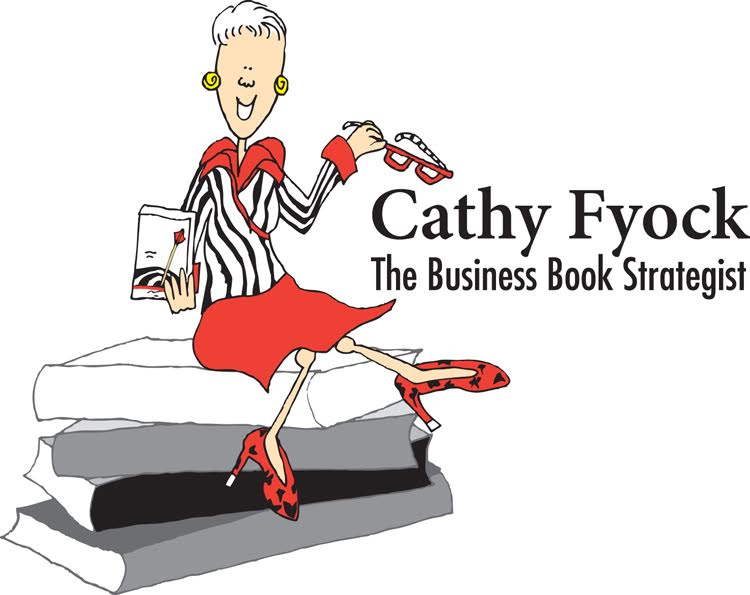Artificial intelligence is transforming the way we work, and yes, it can be an incredible tool for writers. From generating ideas to polishing grammar, AI has a place in the author’s toolbox. But if you think AI can replace the role of a book coach, think again.
Here’s why.
Authenticity matters. Your readers want your story, not a mash-up of borrowed phrases from a database. A coach helps you uncover your unique voice and ensures that your book reflects who you are and what you stand for. AI can suggest words, but it can’t deliver authenticity.
AI is not a coach, it’s a tool. Just as you wouldn’t expect a treadmill to replace a personal trainer, you shouldn’t expect AI to provide the encouragement, accountability, and strategy that a book coach brings. AI can give you prompts; a coach helps you actually finish the marathon.
You need accountability. Left to its own devices, AI won’t call you out when you procrastinate. A coach will. Having someone invested in your success makes it harder to push your writing goals aside and easier to stay on track.
Storytelling is emotional. Readers connect with nonfiction books that evoke an emotional response. AI doesn’t know what it’s like to cry over a childhood memory or celebrate a hard-won success. A coach helps you tap into those stories and shape them so they resonate.
Judgment counts. AI can give you endless lists of marketing tactics, but only a coach can help you decide which ones fit your book, your brand, and your audience. Human perspective is essential in making strategic choices that set your book apart.
At the end of the day, AI is a powerful assistant. But it’s not the solution. A book coach brings the wisdom, accountability, and human connection that no algorithm can provide. Writing a book is not just about words on a page; it’s about your voice, your vision, and your impact. And that’s something you don’t want to leave to a machine.
As my colleague and fellow book coach Allie Pleiter says, “Do you need a prompt or a pro?”

